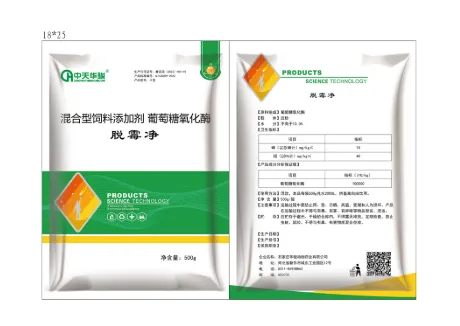
Mai . 12, 2025 17:40 Zurück zur Liste
Animal Medicine Trends
The animal medicine wholesale business is becoming more important as demand for animal health grows. From livestock farms to pet clinics, wholesale distributors play a vital role in ensuring the availability of essential medicines. They act as the bridge between manufacturers and end users, offering a wide variety of veterinary products at competitive prices. With more people investing in animal farming and pet care, the need for efficient and reliable animal medicine wholesale systems is at an all-time high. These wholesalers ensure smooth logistics, good storage conditions, and access to updated medicines across rural and urban areas alike.

Understanding Types of Animal Medicine Is Key
Knowing the different types of animal medicine helps in choosing the right treatments. Broadly, these include antibiotics, vaccines, antiparasitic drugs, anti-inflammatory medicines, and supplements. Antibiotics treat infections, vaccines prevent diseases, and antiparasitics help control pests like worms and mites. Anti-inflammatory drugs ease pain and swelling, while supplements support overall health. Each category plays a different role, and their correct use can keep animals healthier and more productive. For both large-scale farmers and pet owners, understanding types of animal medicine is crucial to managing animal health effectively.
Drugs For Coccidiosis In Poultry Reduce Losses
Among poultry diseases, coccidiosis is one of the most damaging. It spreads fast and causes weight loss, diarrhea, and even death. Using proper drugs for coccidiosis in poultry helps farmers avoid serious losses. Amprolium, sulfa drugs, and newer solutions like toltrazuril are commonly used. These medicines target the parasites in the intestines, stopping the infection and allowing birds to recover quickly. Timely treatment with trusted drugs for coccidiosis in poultry not only saves flocks but also helps maintain the quality and safety of eggs and meat in the market.
Animal Medicine Manufacturers Drive Innovation
Reliable animal medicine manufacturers are the backbone of the industry. They research, develop, and produce high-quality veterinary products that meet global safety standards. Many manufacturers are now focusing on creating environment-friendly drugs and alternatives to antibiotics to avoid resistance issues. They also invest in fast-acting formulas, extended-release options, and products that are easy to administer. Good animal medicine manufacturers ensure consistency, follow strict regulations, and adapt to new diseases quickly. Their work helps both small and large-scale users manage animal health with confidence and trust.
Animal Medicine Wholesale FAQs
What is the main role of animal medicine wholesalers?
They connect manufacturers with farms, clinics, and retailers, ensuring a steady supply of quality veterinary medicines at scale.
What are the common types of animal medicines available?
Common types include antibiotics, antiparasitics, vaccines, anti-inflammatories, and nutritional supplements.
Which drugs are used for coccidiosis in poultry?
Amprolium, sulfaquinoxaline, toltrazuril, and diclazuril are widely used to treat and prevent coccidiosis in chickens and turkeys.
How do animal medicine manufacturers ensure quality?
They follow good manufacturing practices, perform lab testing, and comply with national and international regulations.
Why is animal medicine wholesale important to farmers?
It offers affordable access to essential products, ensures stock availability, and supports timely treatment to reduce livestock losses.
-
Types of Cattle Injections and Their Uses
NachrichtJun.24,2025
-
Types of Anti-Parasitic Medications
NachrichtJun.24,2025
-
The Role of Pharmaceutical Ingredients Premix in Animal Health and Pet Health Care
NachrichtJun.24,2025
-
Poultry Medicine List: Essential Products for Healthy Livestock
NachrichtJun.24,2025
-
Common Pigeon Diseases and Their Treatments
NachrichtJun.24,2025
-
Common Aquarium Medications and Their Uses
NachrichtJun.24,2025




